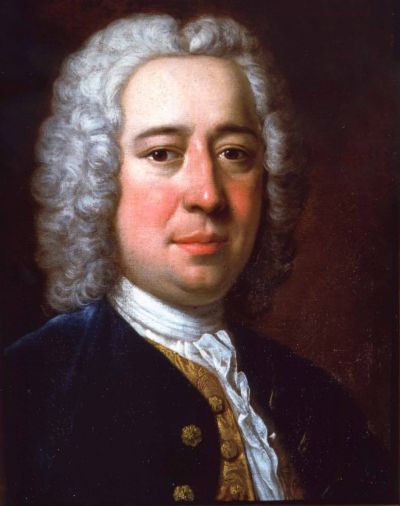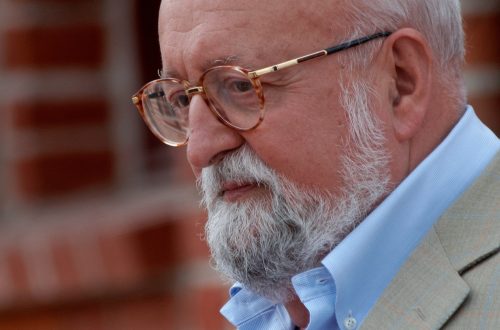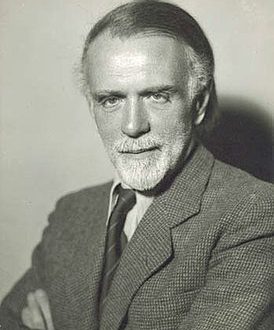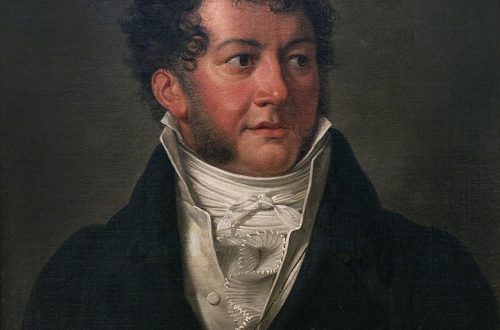
Nicola Porpora |
Nicola Porpora
Порпора. High Jupiter
Italian composer and vocal teacher. A prominent representative of the Neapolitan opera school.
He received his musical education at the Neapolitan Conservatory Dei Poveri di Gesu Cristo, which he entered in 1696. Already in 1708 he made his successful debut as an opera composer (Agrippina), after which he became the bandmaster of the Prince of Hesse-Darmstadt, and then received a similar title from the Portuguese envoy in Rome. In the first third of the 1726th century, numerous operas by Porpora were staged not only in Naples, but also in other Italian cities, as well as in Vienna. From 1733, he taught at the Incurabili Conservatory in Venice, and in 1736, having received an invitation from England, he went to London, where until 1747 he was the main composer of the so-called “Opera of the Nobility” (“Opera of the Nobility”), which competed with Handel’s troupe. . Upon his return to Italy, Porpora worked at the conservatories in Venice and Naples. The period from 1751 to 1753 he spent at the Saxon court in Dresden as a vocal teacher, and then as a bandmaster. Not later than 1760, he moved to Vienna, where he became a music teacher at the imperial court (it was during this period that J. Haydn was his accompanist and student). In XNUMX he returned to Naples. He spent the last years of his life in poverty.
The most important genre of Porpora’s work is opera. In total, he created about 50 works in this genre, written mainly on ancient subjects (the most famous are “Recognized Semiramis”, “Ariadne on Naxos”, “Themistocles”). As a rule, Porpora’s operas require perfect vocal skills from the performers, since they are distinguished by rather complex, often virtuoso vocal parts. The operatic style is also inherent in other very numerous works of the composer – solo cantatas, oratorios, pieces of the pedagogical repertoire (“solfeggio”), as well as compositions for the church. Despite the clear predominance of vocal music, Porpora’s legacy also includes actual instrumental works (cello and flute concertos, the Royal Overture for orchestra, 25 ensemble sonatas of various compositions and 2 fugues for harpsichord).
Among the numerous students of the composer are the famous singer Farinelli, as well as the outstanding opera composer Traetta.





